Eating for two? It’s an exciting and special time in a woman’s life when she discovers that she’s pregnant. Suddenly, every bite of food takes on a new level of importance as it nourishes not only her own body but also the growing bundle of joy inside her womb. But with great power comes great responsibility! As an expectant mother, you need to be mindful of the foods you consume, as some can pose risks to both you and your baby. So grab a seat at our virtual table as we dish out some important information on foods to avoid during pregnancy. Trust us, this is one meal plan you don’t want to skip!
1. Raw or Undercooked Meat, Seafood, and Poultry
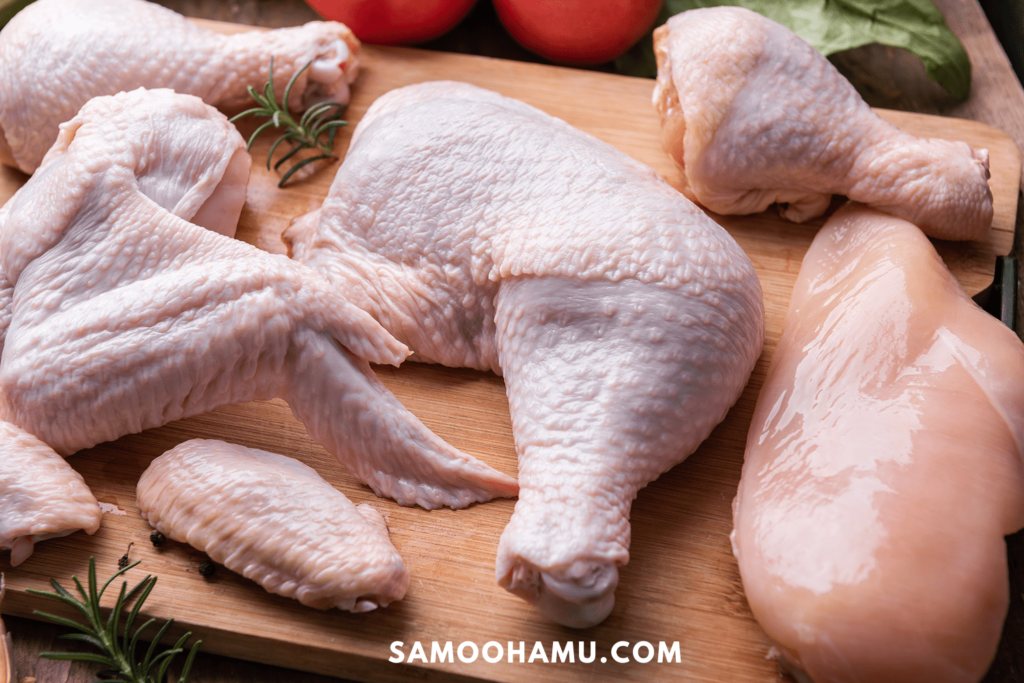
Picture this: a juicy, perfectly cooked steak. The rich aroma wafts through the air, making your mouth water in anticipation. But hold on just a minute! If you’re pregnant, that medium-rare delicacy might have to wait until after baby arrives.
Raw or undercooked meat, seafood, and poultry can be breeding grounds for harmful bacteria like salmonella and E.coli. These little troublemakers can wreak havoc on both you and your growing baby’s health. So it’s crucial to make sure meat is cooked thoroughly before digging in.
Seafood lovers, take note! Raw fish such as sushi or sashimi should also be avoided during pregnancy due to the risk of exposure to parasites or bacteria. Opt for fully cooked alternatives like steamed fish or grilled shrimp instead.
Now let’s talk poultry – chicken and turkey are staples in many diets but they need some extra attention during pregnancy. Make sure these cuts reach an internal temperature of at least 165°F (74°C) to kill any potential pathogens lurking within.
Remember, mama bear: your baby’s safety is top priority. So when it comes to raw or undercooked meats, seafood, and poultry – play it safe and ensure everything is well-cooked before you indulge in that delicious meal you’ve been craving!
2. Runny or Undercooked Eggs

Runny or undercooked eggs – a breakfast staple that many of us love. But did you know that during pregnancy, it’s important to be mindful of how your eggs are cooked? Raw or undercooked eggs can pose risks due to the potential presence of Salmonella bacteria.
When an egg is not fully cooked, this harmful bacteria may still be present and can cause food poisoning. And when you’re pregnant, foodborne illnesses like this can have serious consequences for both you and your baby.
So, what should you do? It’s simple – cook your eggs thoroughly! Make sure the yolks and whites are firm before consuming them. This means no more runny sunny-side-up or soft-boiled eggs for now.
But don’t worry, there are still plenty of delicious ways to enjoy your eggs safely during pregnancy. Scrambled eggs, omelets, and hard-boiled eggs are all great options as long as they’re properly cooked through.
Remember, always prioritize safety when it comes to your diet during pregnancy. By making small adjustments like ensuring your eggs are fully cooked, you can protect yourself and your little one from potential harm. So go ahead and savor those perfectly cooked scrambled eggs without any worries!
3. Deli Meats and Prepared Salads
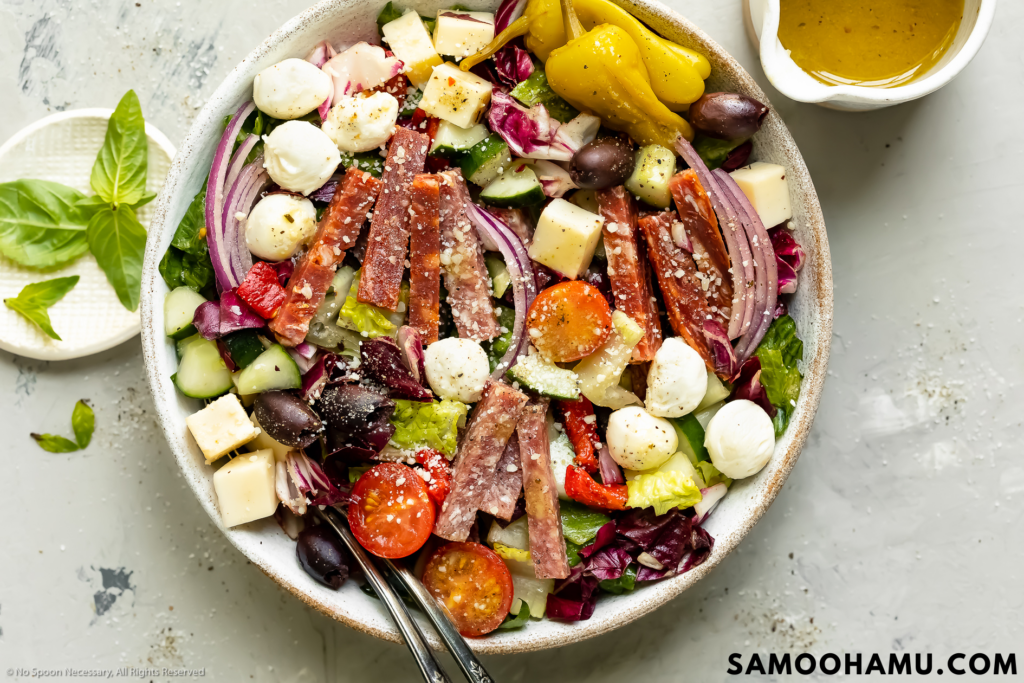
When you’re pregnant, it’s important to pay close attention to what you eat. While deli meats and prepared salads may seem like convenient options, they can pose risks during pregnancy. Deli meats, such as ham, turkey, and roast beef, are often exposed to bacteria called Listeria monocytogenes. This bacterium can cross the placenta and infect the fetus, leading to serious complications.
Prepared salads from delis or salad bars can also harbor harmful bacteria if not stored or handled properly. The ingredients used in these salads (such as lettuce, sprouts, and cheese) have been associated with outbreaks of foodborne illnesses in the past.
To minimize the risk of exposure to harmful bacteria when it comes to deli meats and prepared salads during pregnancy:
1. Heat it up: Heating deli meats until steaming hot before consuming helps kill any potential pathogens.
2. Fresh is best: Opt for freshly made salads instead of pre-packaged ones that may have been sitting out for a while.
3. Go homemade: Consider making your own sandwiches with cooked meat or poultry instead of relying on store-bought varieties.
It’s always better to be safe than sorry when it comes to your health and that of your baby’s!
4. High-mercury Fish

Are you a seafood lover? If so, it’s important to be mindful of the types of fish you consume during pregnancy. Certain fish contain high levels of mercury, which can be harmful to your baby’s developing nervous system. So, when it comes to seafood, it’s best to choose wisely!
High-mercury fish include popular varieties like shark, swordfish, king mackerel, and tilefish. These mighty creatures may have their appeal in terms of taste and texture but should be avoided during pregnancy due to their potential mercury content.
Instead of these high-mercury options, consider indulging in low-mercury alternatives such as salmon or trout. These delicious and nutritious choices provide essential omega-3 fatty acids that are beneficial for both you and your little one.
Remember, moderation is key! While some types of fish can still be included in your diet during pregnancy if eaten in limited amounts (such as tuna), it’s crucial not to go overboard. Keep an eye on portion sizes and opt for safer options whenever possible.
By being mindful about the type and amount of fish you consume during pregnancy, you can ensure the healthiest start for your growing baby while still enjoying the delightful flavors from under the sea!
5. Unpasteurized (raw) Milk and Soft Cheese
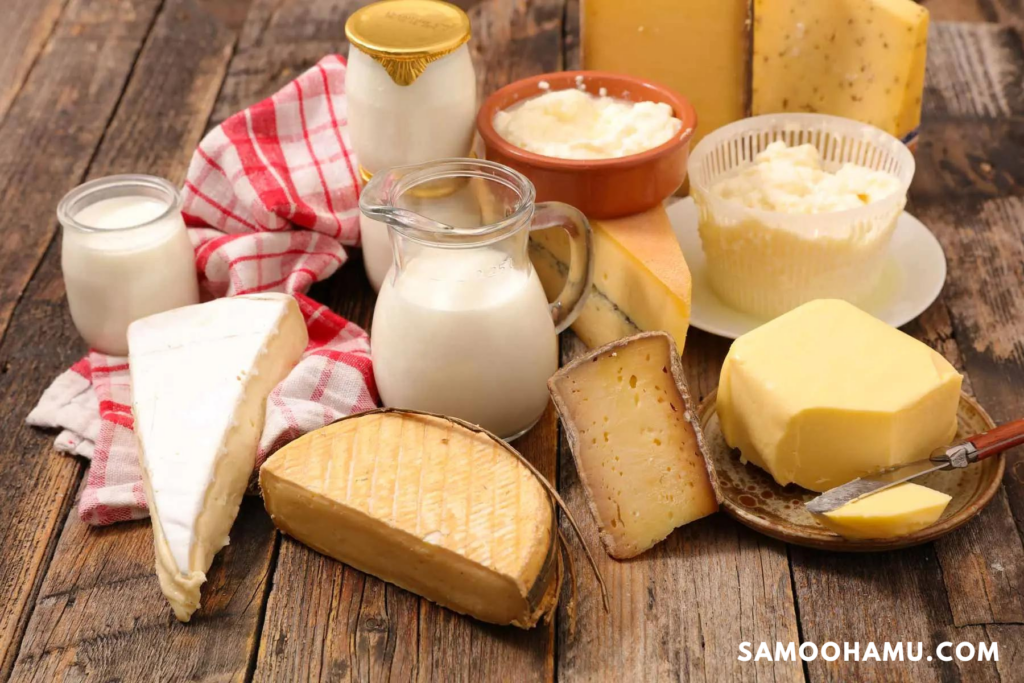
Unpasteurized (raw) milk and soft cheese can be incredibly tempting for expectant mothers, but it’s important to resist the urge. While these dairy products may have a certain allure, they pose potential risks during pregnancy.
Raw milk carries a higher risk of being contaminated with harmful bacteria like Listeria or Salmonella. These pathogens can lead to foodborne illnesses that could harm both you and your baby. Soft cheeses made from unpasteurized milk also fall into this category of concern.
Brie, Camembert, feta, blue cheese, queso blanco, and queso fresco are some examples of soft cheeses that should be avoided unless they explicitly state on the label that they have been pasteurized. Unpasteurized soft cheeses are more likely to contain Listeria bacteria due to their moisture content and processing methods.
Listeria infection during pregnancy can result in miscarriage, preterm labor, or severe illness in newborns. So it’s best to play it safe by opting for pasteurized alternatives when enjoying your favorite cheesy indulgences!
Remember: Your health and the health of your little one is what matters most!
6. Food that’s Been Sitting Out too Long

Picture this: You’re at a summer barbecue, enjoying the warm weather and good company. The burgers are sizzling on the grill, and there’s an array of delicious sides laid out on the picnic table. But before you dig in, take a moment to consider something important—how long has that potato salad been sitting out?
When it comes to food that’s been left unrefrigerated for too long, pregnant women need to be extra cautious. Bacteria love to multiply in warm temperatures, and consuming contaminated food can lead to serious illnesses like listeriosis or salmonellosis.
So what foods should you avoid if they’ve been sitting out for too long? First up is any type of meat or poultry. These proteins are highly perishable and can quickly become a breeding ground for bacteria when not stored properly.
Next on the list are dairy products like yogurt or cheese dips. Dairy products contain high amounts of protein and moisture, making them susceptible to bacterial growth when left at room temperature for extended periods.
Fruit salads or other dishes with fresh fruits may also pose a risk if they’ve been sitting out too long. Fruits have natural sugars that bacteria love feeding on when given enough time.
Be cautious with homemade dressings or sauces containing ingredients like mayonnaise or eggs. These can spoil quickly if not refrigerated promptly after use.
To ensure your safety during pregnancy, always follow the two-hour rule: discard any perishable food that’s been left out longer than two hours (or one hour if it’s above 90°F). It might seem wasteful at times but remember—it’s better to be safe than sorry!
Now that you know about the risks associated with food left sitting out too long let’s move on to another potential danger – raw sprouts! Stay tuned for more helpful tips in our ongoing series about foods to avoid during pregnancy!
7. Raw Sprouts
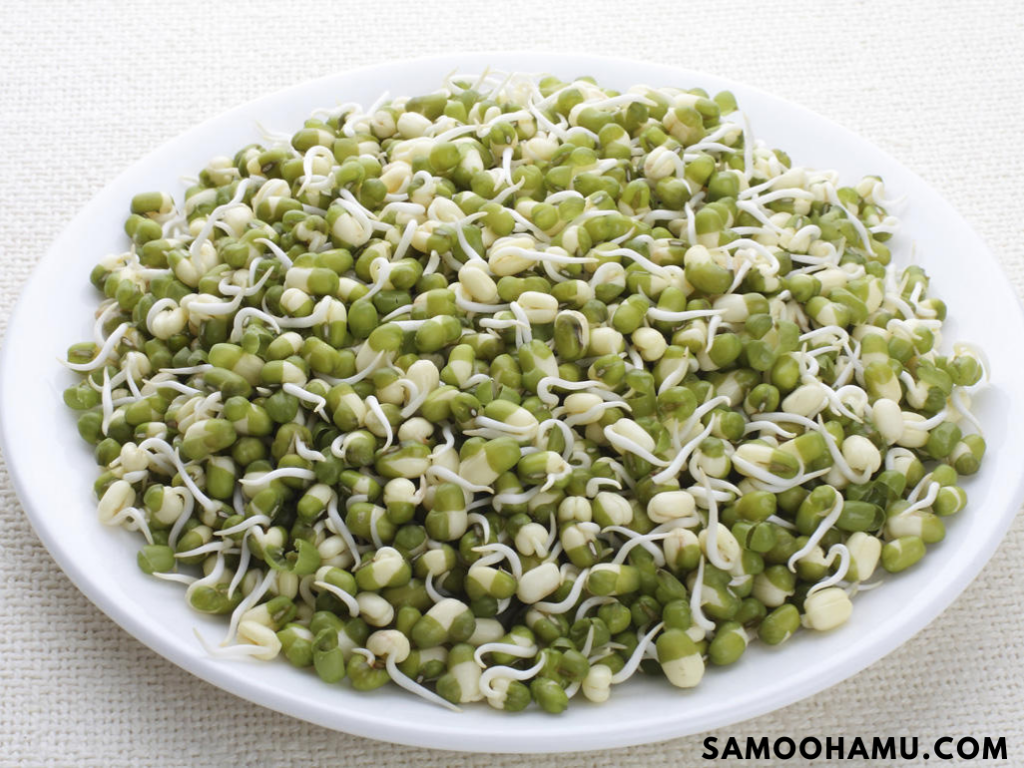
Raw sprouts, such as alfalfa, clover, radish, and mung bean sprouts, may seem innocent enough. After all, they’re packed with vitamins and nutrients that are beneficial for both you and your growing baby. However, these tiny greens can harbor harmful bacteria like Salmonella or E. coli.
It’s important to note that when the seeds of sprouts germinate in warm and humid conditions – the perfect breeding ground for bacteria – it becomes difficult to eliminate these pathogens completely. Even thorough rinsing cannot guarantee their removal.
So why take the risk? During pregnancy, your immune system is already somewhat compromised to protect the fetus from rejection. Consuming raw sprouts puts you at a higher risk of foodborne illnesses which could have serious consequences for both you and your baby.
But don’t worry! There are plenty of safe alternatives available to satisfy those crunchy cravings. Instead of raw sprouts on your sandwich or salad, try opting for cooked vegetables or other leafy greens like spinach or kale.
Remember: It’s better to be safe than sorry when it comes to protecting yourself and your little one during this precious time. So let’s leave those raw sprouts off our plates until after pregnancy!
8. Alcoholic Beverages

When it comes to pregnancy, avoiding alcoholic beverages is a no-brainer. We all know that alcohol can harm the developing fetus and lead to serious health issues. So during this special time in your life, it’s important to be mindful of what you’re sipping on.
Alcoholic beverages, such as wine, beer, and spirits, contain ethanol which easily crosses the placenta and reaches your baby. This can interfere with their growth and development. In fact, there is no known safe level of alcohol consumption during pregnancy.
Drinking alcohol while pregnant increases the risk of miscarriage, stillbirth, preterm birth, and developmental disabilities for your little one. It can also cause a range of lifelong physical and intellectual disabilities collectively known as fetal alcohol spectrum disorders (FASDs).
It’s not just heavy drinking that poses a risk – even moderate or occasional drinking can have harmful effects on your baby’s health. That’s why it’s best to play it safe and steer clear of any alcoholic drinks throughout your entire pregnancy.
Instead of reaching for that glass of wine or cocktail at social gatherings or celebrations, opt for mocktails or non-alcoholic alternatives that are equally refreshing but without the risks associated with alcohol consumption.
Remember: Your body is now home to another precious life growing inside you; let’s give them every chance they deserve by making healthy choices for both of you!
9. Fresh-Squeezed Juice
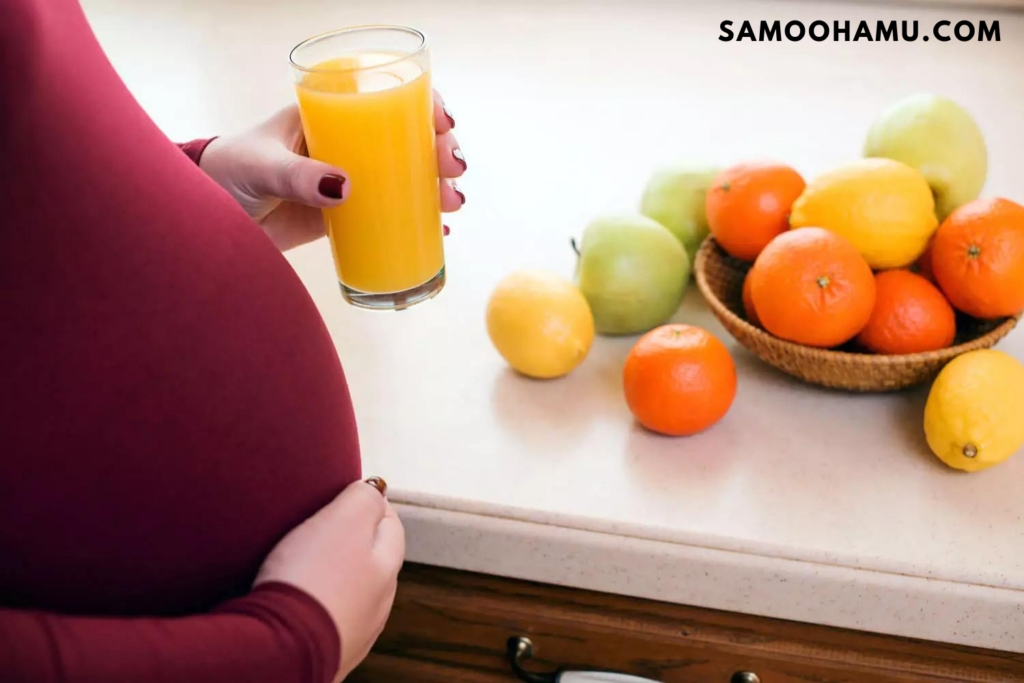
Fresh-squeezed juice may seem like a healthy choice, but when you’re pregnant, it’s important to be cautious about what you consume. While fresh fruits and vegetables are packed with essential vitamins and minerals, there are some risks associated with consuming fresh-squeezed juice during pregnancy.
One of the main concerns with fresh-squeezed juice is the potential for bacterial contamination. Raw juices have been known to harbor harmful bacteria such as E. coli and Salmonella, which can pose serious health risks for both you and your baby.
Additionally, certain types of fruit juices can contain high levels of natural sugars which could lead to gestational diabetes or excessive weight gain during pregnancy. It’s always best to consult with your healthcare provider about whether or not it’s safe for you to consume specific types of fruit juices while pregnant.
To reduce any potential risks, consider pasteurized versions of fruit juices instead. These undergo a heating process that kills off any harmful bacteria without compromising the nutritional value too much.
Remember, maintaining a healthy diet during pregnancy is crucial for the well-being of both you and your baby. It’s always better to err on the side of caution when it comes to making food choices!
10. Too Much Caffeine

As we reach the end of our journey through foods to avoid during pregnancy, there’s one last item on the list that deserves special attention: caffeine. Now, I know what you’re thinking – how am I supposed to survive without my morning coffee or tea? Don’t worry, mama-to-be, it’s all about moderation.
While a small amount of caffeine is generally considered safe during pregnancy, it’s important not to overdo it. Too much caffeine can increase your heart rate and blood pressure, and may even lead to dehydration. It can also cross the placenta and affect your baby’s development.
So how much is too much? Well, experts recommend sticking to no more than 200 milligrams (mg) of caffeine per day. To put things into perspective, a regular cup of brewed coffee contains around 95 mg of caffeine. Other sources include tea (about 47 mg per cup), chocolate (varies depending on the type), and certain sodas.
To help you stay within the recommended limit, here are a few tips:
1. Opt for decaffeinated versions: If you love your daily cuppa joe or tea fix but want to cut back on caffeine intake, consider switching to decaf options. They offer the same great taste without the jolt.
2. Read labels carefully: Many packaged products such as energy drinks or flavored coffees contain hidden amounts of caffeine. Make sure to check labels before indulging in these treats.
3. Stay hydrated with water: Sometimes we mistake thirst for hunger or tiredness – both symptoms that can be exacerbated by excess caffeine consumption. Keep a water bottle handy throughout the day and sip on refreshing H2O instead.
Remember that every woman’s tolerance for caffeine varies during pregnancy – some may need less while others may find they need more time before their morning brew kicks in! Listen to your body and consult with your healthcare provider if you have any concerns about your caffeine intake.
So, dear mom-to-be, as you navigate the incredible




